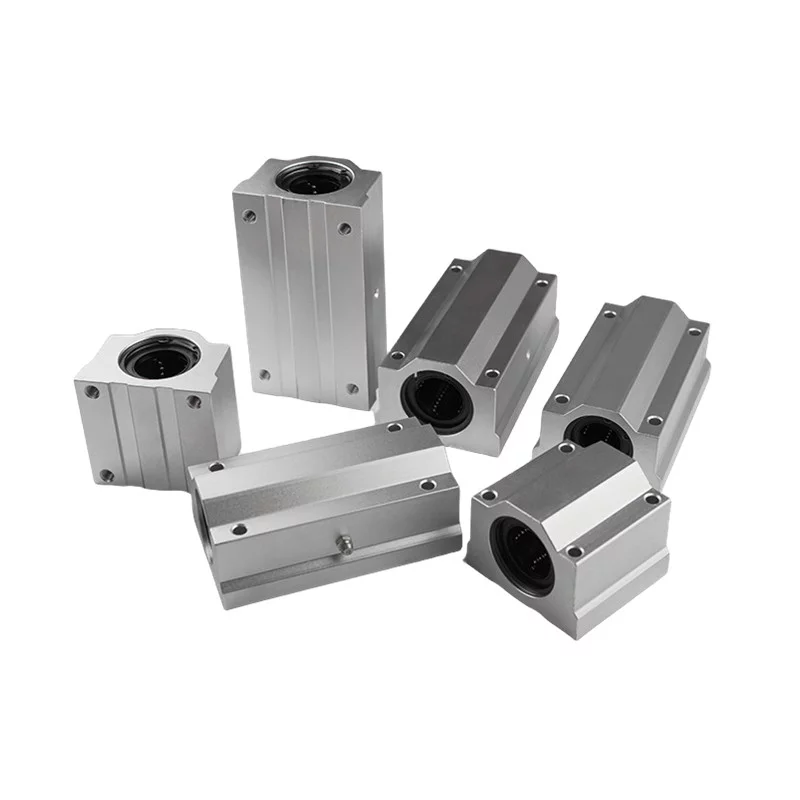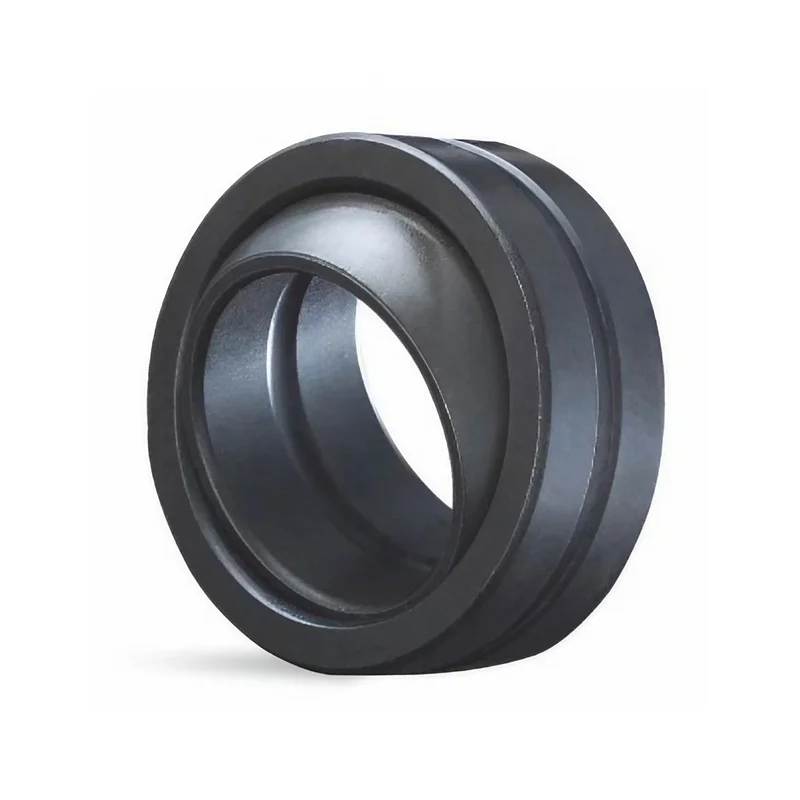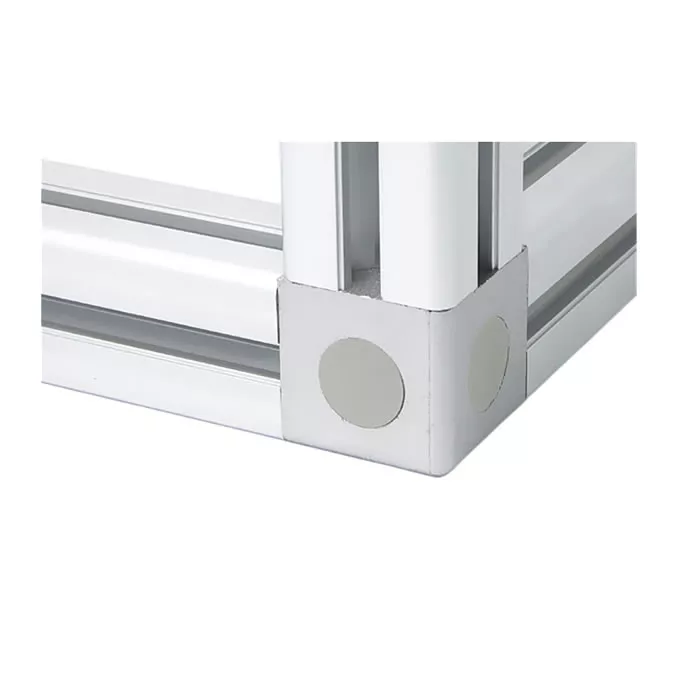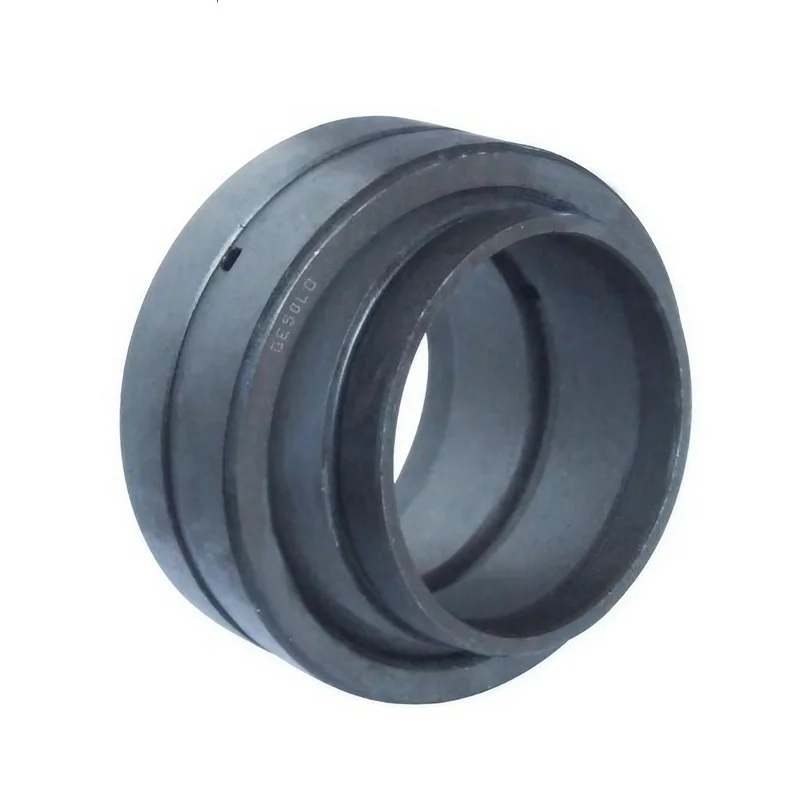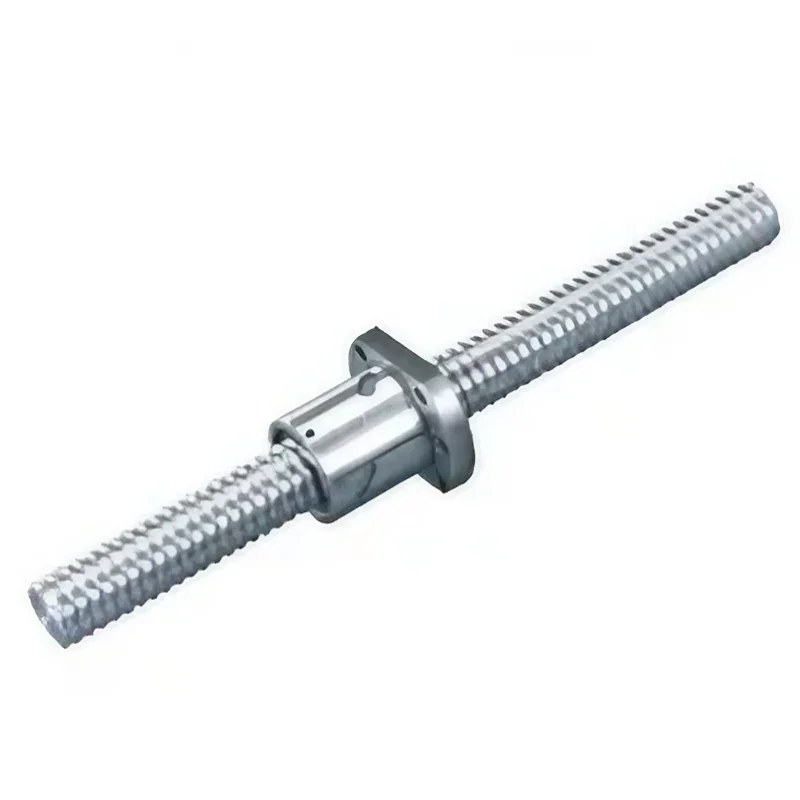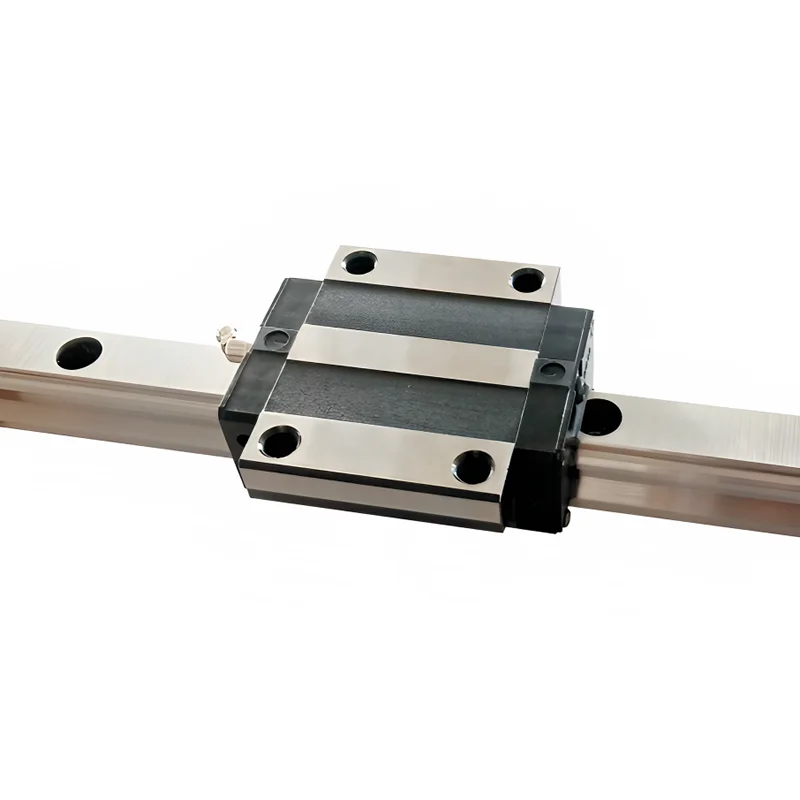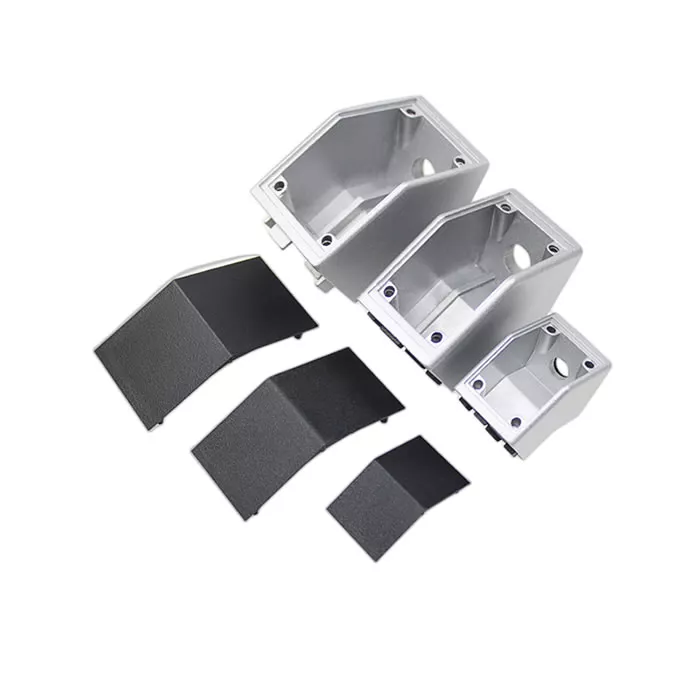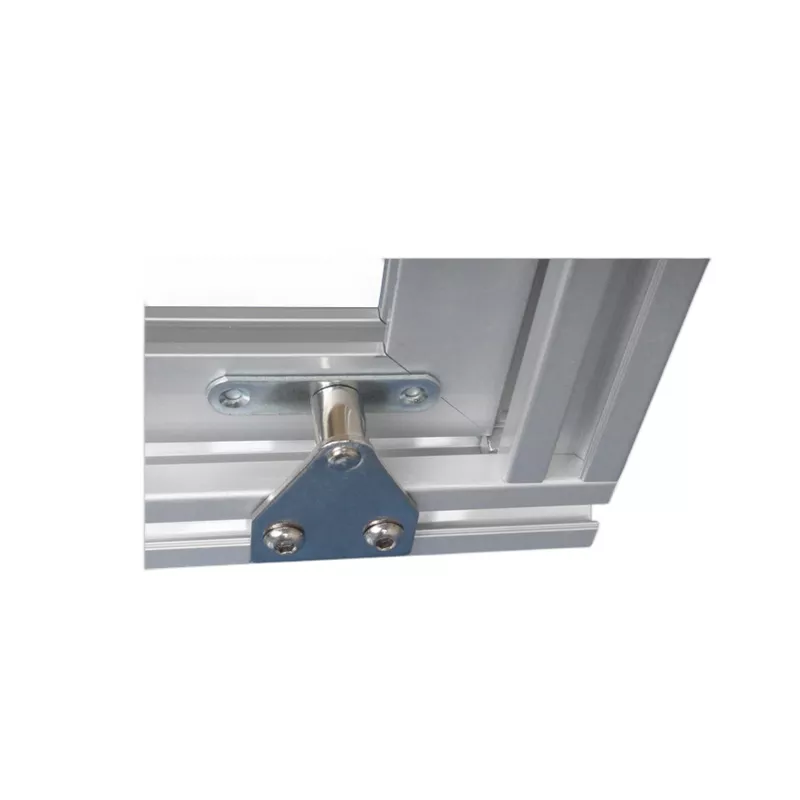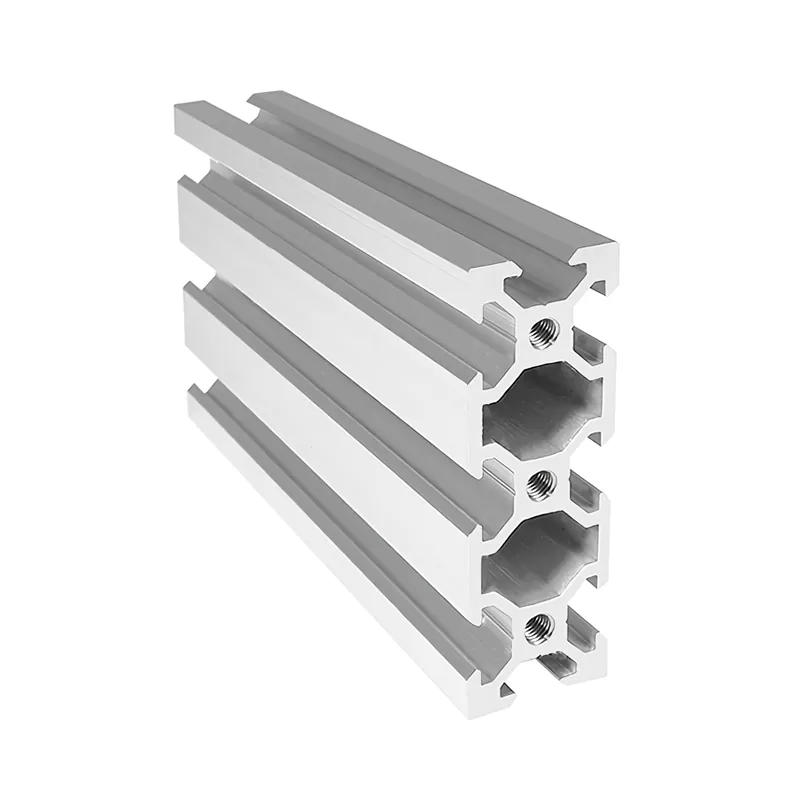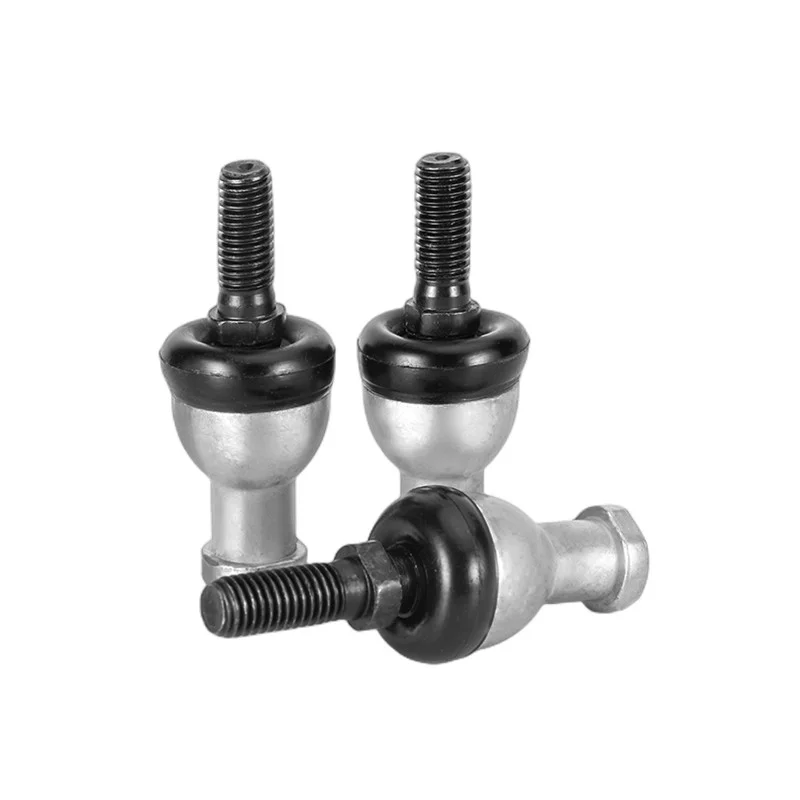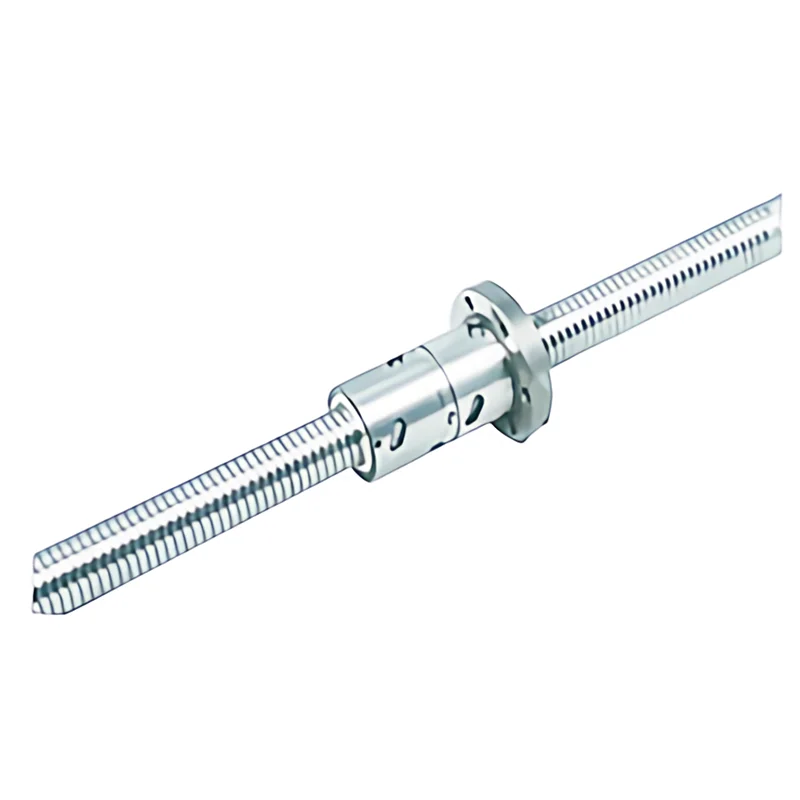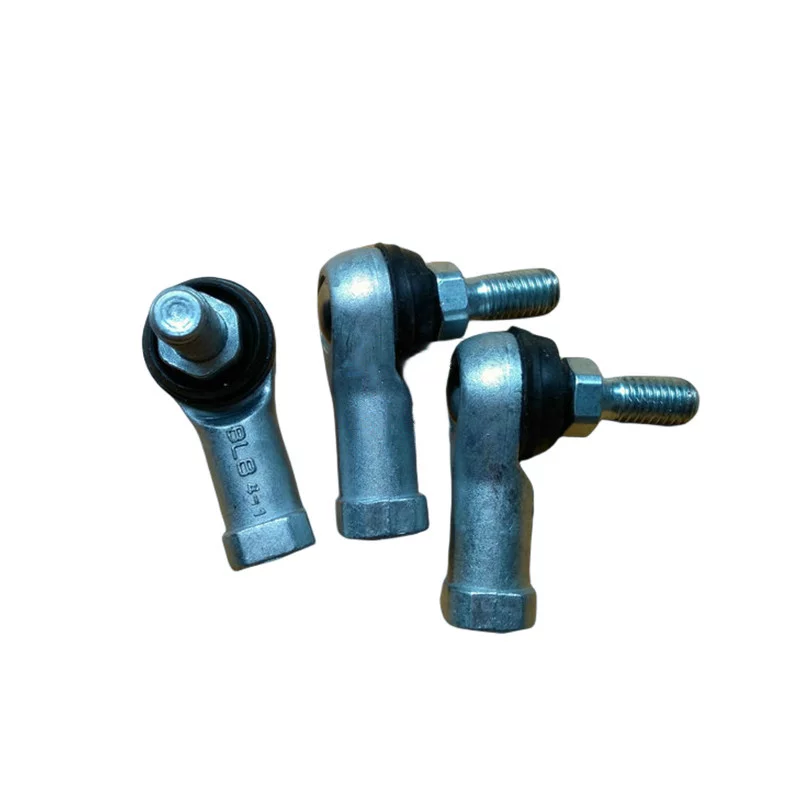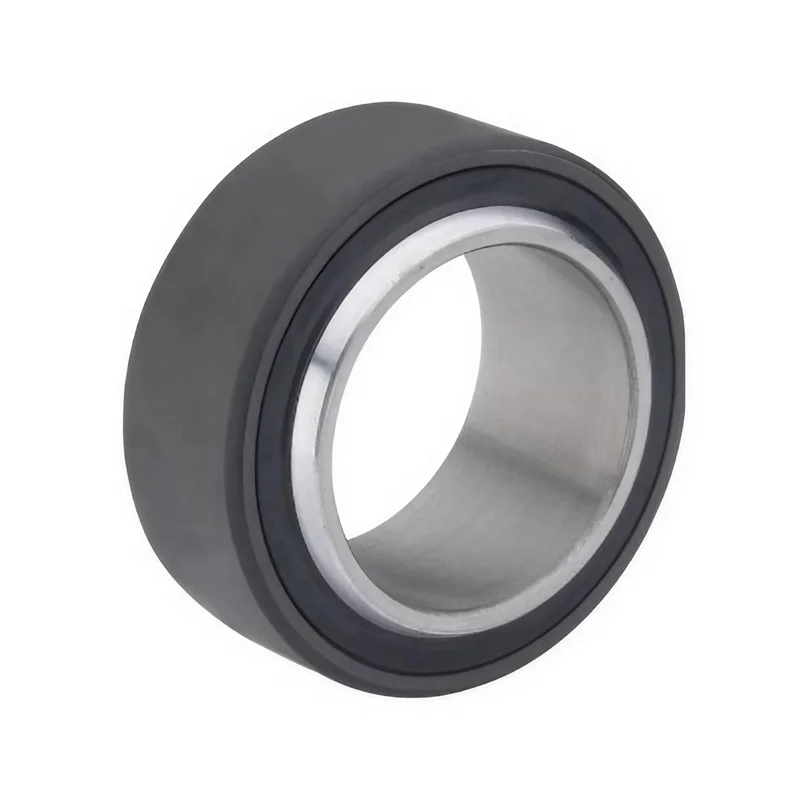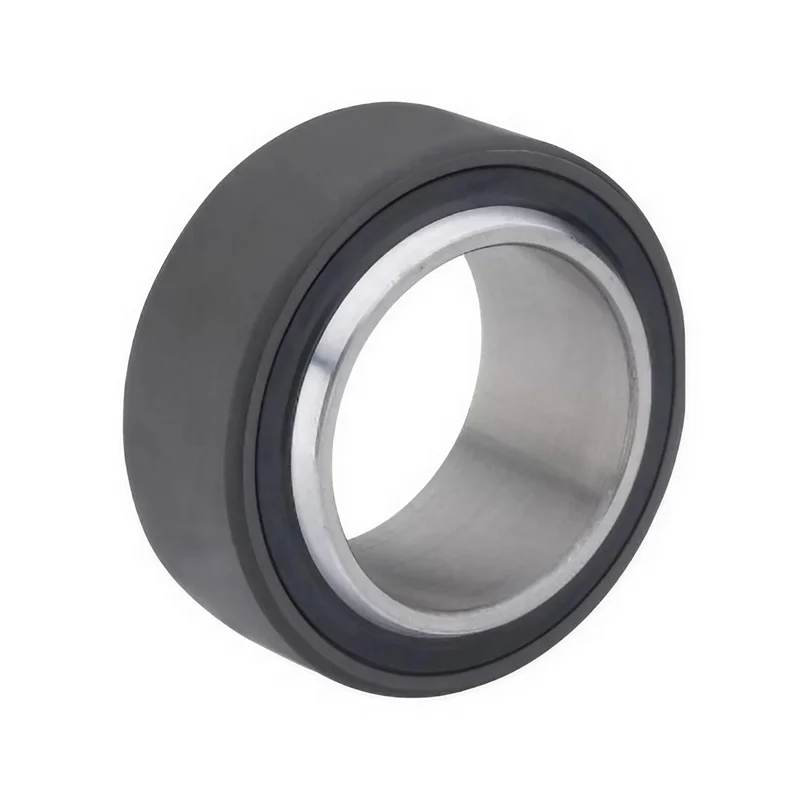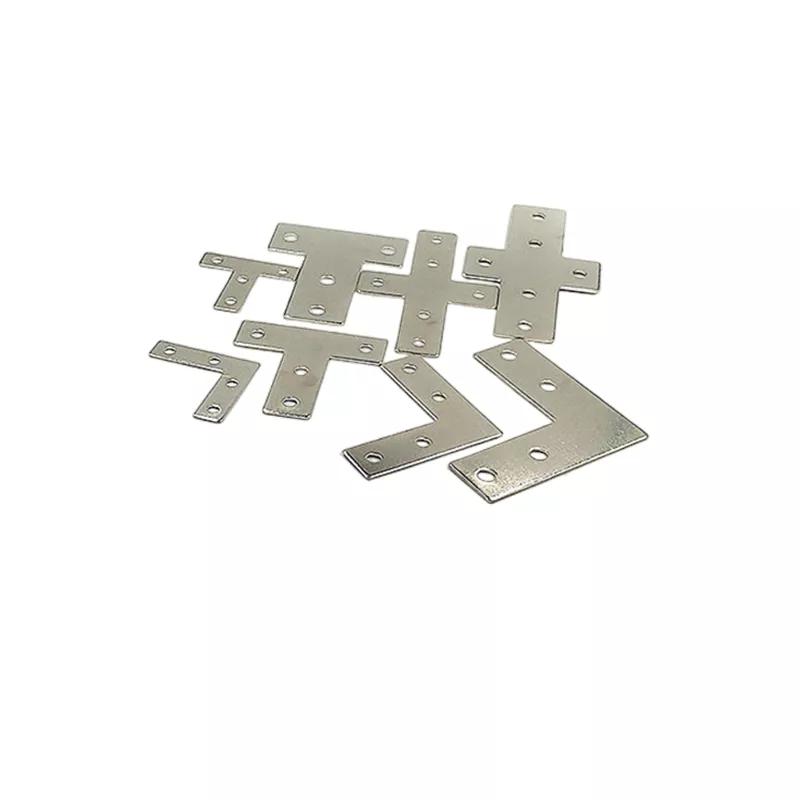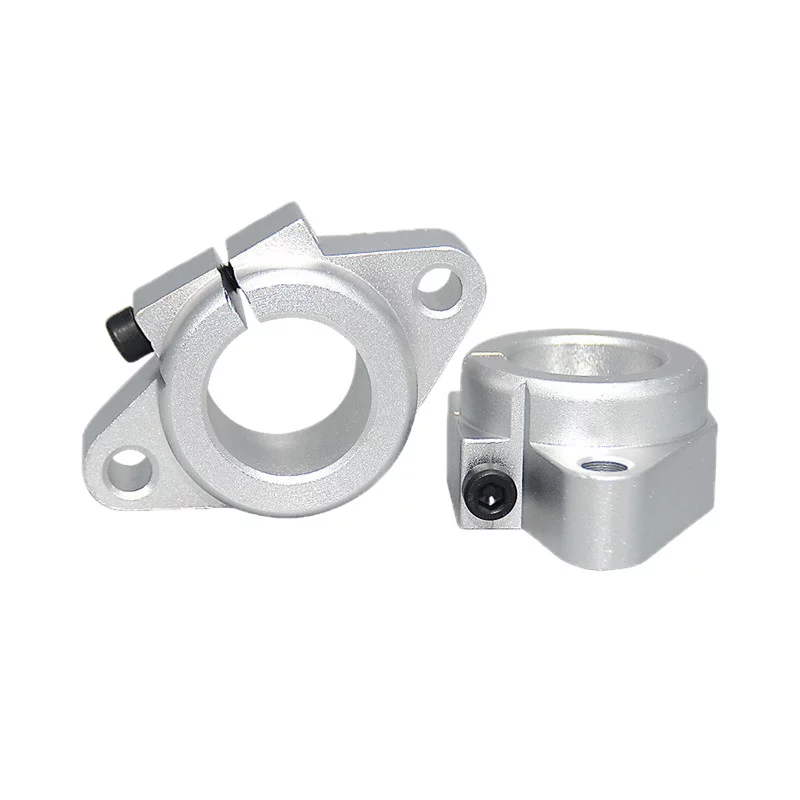The Key Differences Between Plain and Rolling Bearings
Answer:
The primary distinction between plain bearings and rolling bearings lies in their mechanism of motion, the types of contact they exhibit, and their applications in various industrial settings. To better understand their differences, it's essential to dive deeper into the working principles, advantages, and disadvantages of each type.
Plain Bearings: Plain bearings, also known as sleeve bearings, are the simplest type of bearing. They are made of a smooth surface that allows a shaft to rotate or move against it. This surface is usually composed of materials such as bronze, steel, or composite polymers. The operation of a plain bearing is based on the principle of sliding motion, where the shaft or other moving part slides across the bearing surface. This design relies heavily on lubrication to reduce friction and wear.
Plain bearings are typically used in applications where the loads are relatively light to moderate, and the rotational speeds are not exceedingly high. They are commonly found in automotive engines, pumps, and industrial machines, where simplicity and cost-effectiveness are key considerations.
Advantages of Plain Bearings:
Cost-Effectiveness: Plain bearings are typically less expensive than rolling bearings due to their simpler design.
Ability to Handle High Loads: Due to the continuous contact between the surfaces, plain bearings can distribute loads over a large surface area, making them capable of handling high radial loads.
Compact Design: Plain bearings do not require external parts like rolling elements, making them easier to design into tight spaces.
Less Maintenance: In many cases, plain bearings require less frequent maintenance compared to rolling bearings.
Disadvantages of Plain Bearings:
Higher Friction: The primary drawback of plain bearings is the higher friction between the bearing surface and the moving component. This friction can lead to more heat generation and wear over time.
Limited Speed: Due to the sliding contact between the surfaces, plain bearings are not ideal for high-speed applications, as the increased friction can cause overheating and failure.
Dependency on Lubrication: The performance of plain bearings depends heavily on the presence of lubrication to minimize wear and friction.
Rolling Bearings: Rolling bearings, commonly known as ball bearings or roller bearings, operate using rolling elements such as balls or cylinders that move between two smooth races. The most significant difference between rolling bearings and plain bearings is the mechanism of motion. While plain bearings rely on sliding, rolling bearings use the rolling motion of their elements, which reduces friction significantly. This results in smoother operation and higher efficiency, particularly at higher speeds.
Rolling bearings can be classified into several types based on the rolling element used, including ball bearings, cylindrical roller bearings, tapered roller bearings, and spherical roller bearings. Each of these types offers specific advantages depending on the application, such as greater load-carrying capacity, resistance to axial forces, and better performance at higher speeds.
Advantages of Rolling Bearings:
Low Friction: The rolling action of the bearings drastically reduces friction, leading to less heat generation and increased efficiency.
High-Speed Operation: Due to the reduced friction, rolling bearings are ideal for high-speed applications where plain bearings would overheat or fail.
Greater Precision: Rolling bearings can provide more accurate motion due to the uniformity of their rolling elements, making them ideal for precision machinery.
Longer Service Life: Rolling bearings tend to last longer than plain bearings due to their lower wear rates.
Disadvantages of Rolling Bearings:
Higher Cost: Rolling bearings tend to be more expensive than plain bearings due to their complex design and the precision manufacturing required.
Space Requirements: Rolling bearings typically require more space than plain bearings, especially for larger bearing sizes.
More Maintenance: Rolling bearings can be more susceptible to damage from contaminants or improper lubrication, requiring regular inspection and maintenance.
Comparison:
Friction: Plain bearings tend to have higher friction due to sliding contact, whereas rolling bearings reduce friction through the rolling elements.
Load Handling: Plain bearings handle high loads more effectively due to their large contact area, whereas rolling bearings are better suited for lower to moderate loads, though they can handle both radial and axial loads depending on the design.
Speed: Rolling bearings are ideal for high-speed applications due to their lower friction, while plain bearings are limited in speed due to the higher friction they generate.
Cost: Plain bearings are generally more cost-effective than rolling bearings, though rolling bearings may provide a better return on investment in high-performance or high-speed applications.
Lubrication and Maintenance: Both bearing types require lubrication, but rolling bearings are more sensitive to improper lubrication, while plain bearings can often operate effectively in harsher conditions with less maintenance.
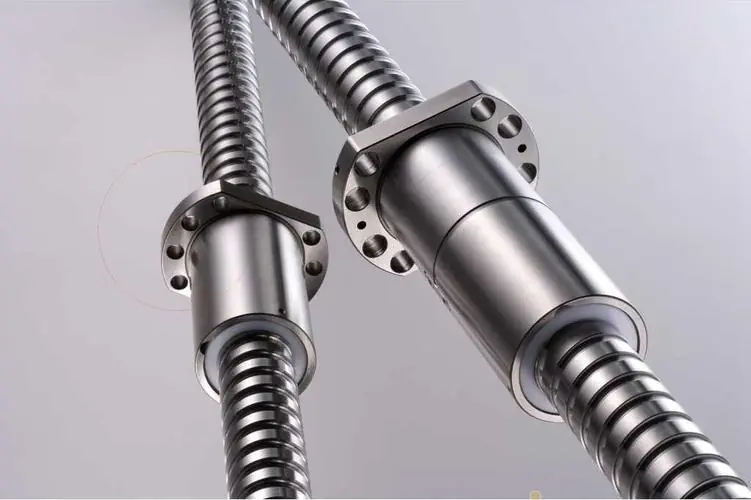 Why Precision Ball Screws are Vital for Industrial Automation and How to Choose the Right Supplier
Why Precision Ball Screws are Vital for Industrial Automation and How to Choose the Right Supplier
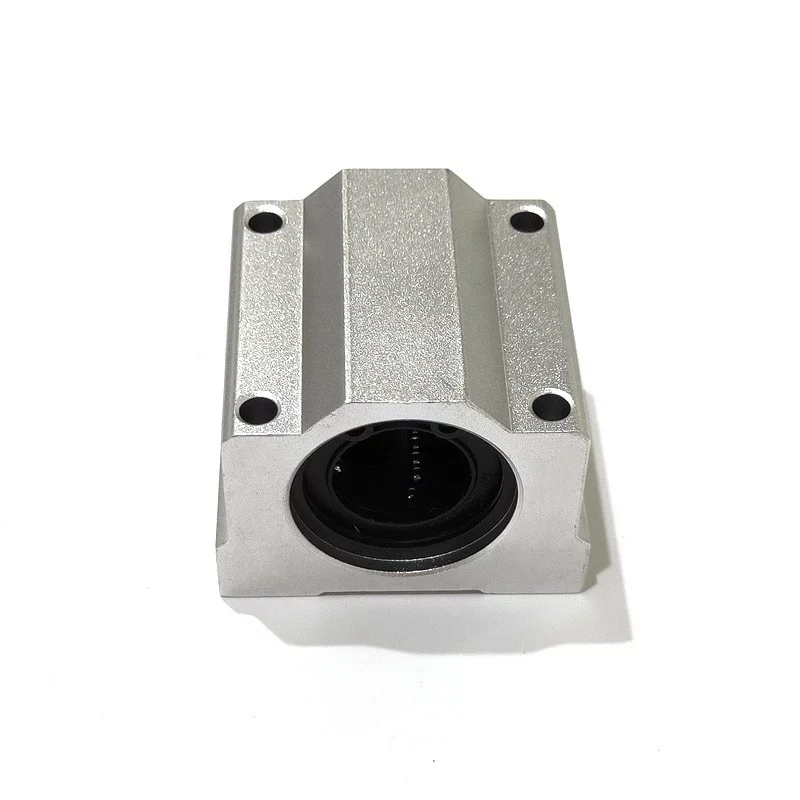 SAIVS Linear Motion Ball Slide Units – Precision and Reliability for Your CNC Needs
SAIVS Linear Motion Ball Slide Units – Precision and Reliability for Your CNC Needs
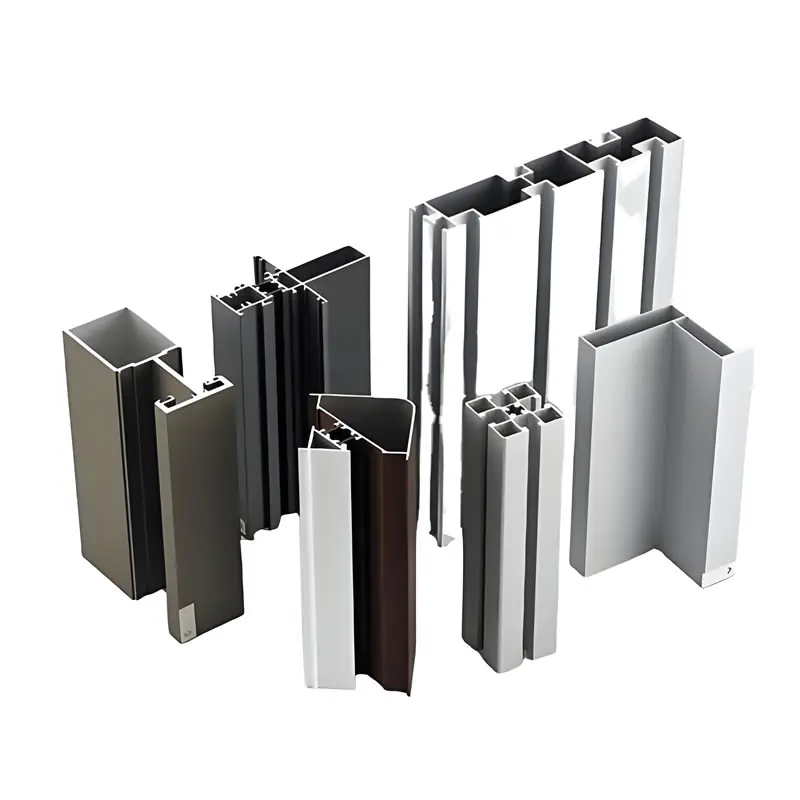 High - Quality T - Slot Aluminum Extrusion Profiles from Ningbo SAIVS Machinery Co., Ltd
High - Quality T - Slot Aluminum Extrusion Profiles from Ningbo SAIVS Machinery Co., Ltd
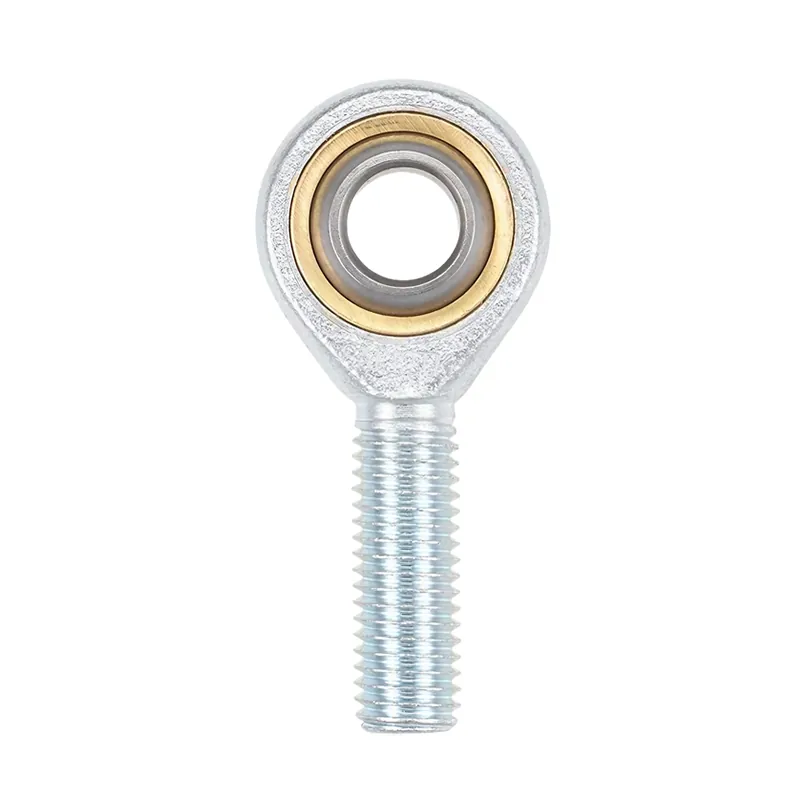 Enhance Industrial Efficiency with Premium Cylinder End Bearings from SAIVS
Enhance Industrial Efficiency with Premium Cylinder End Bearings from SAIVS

